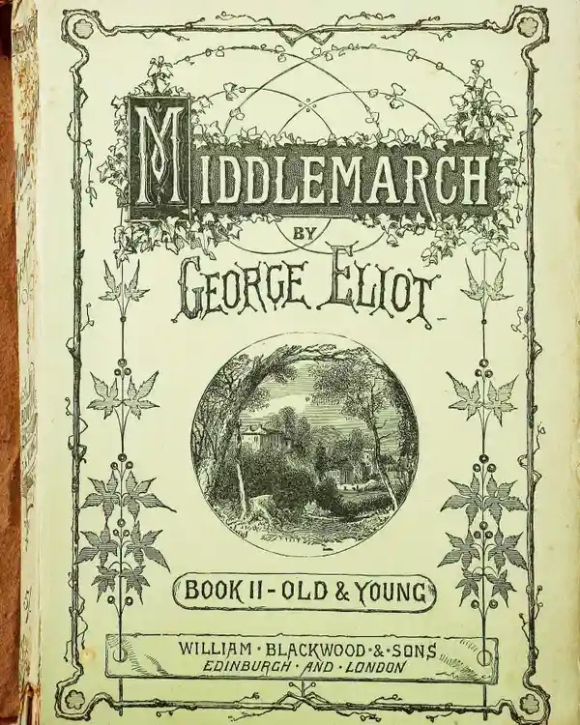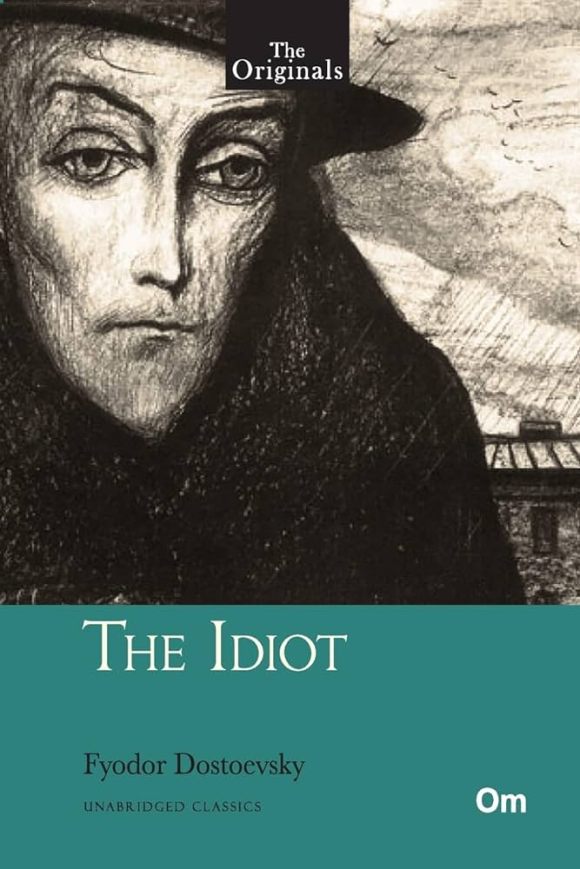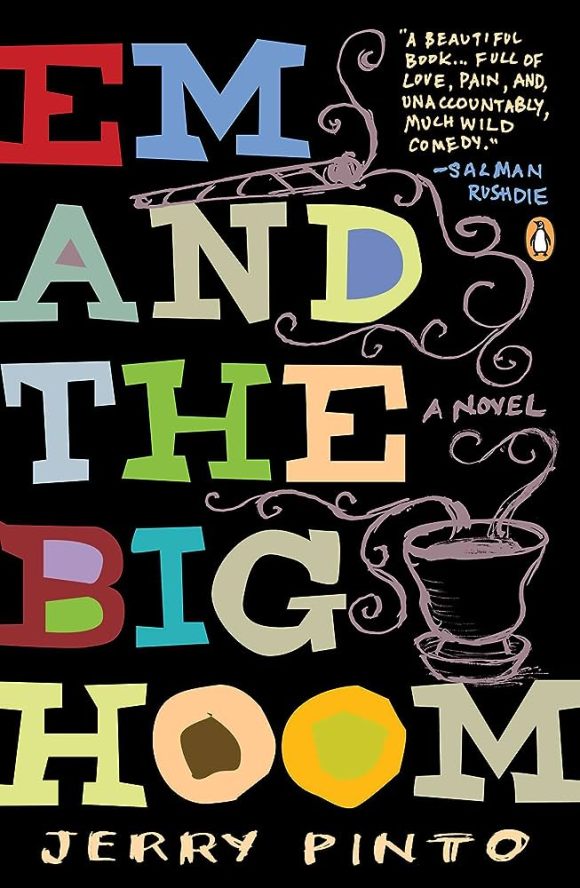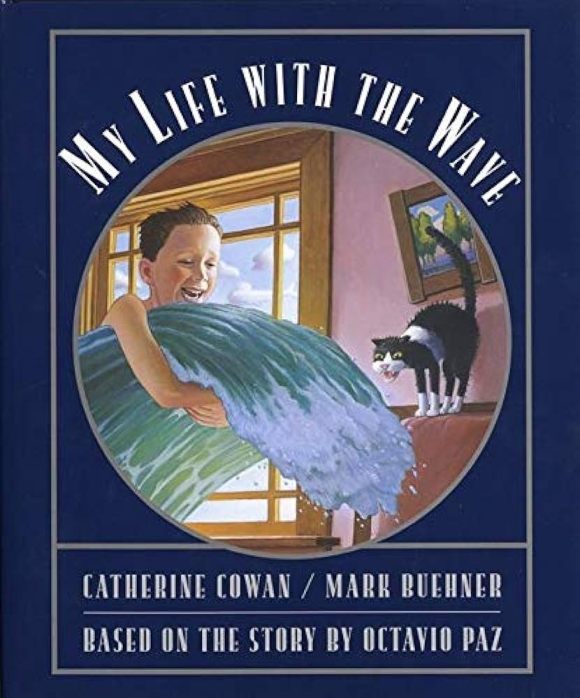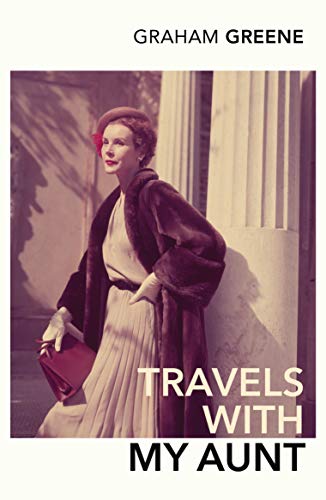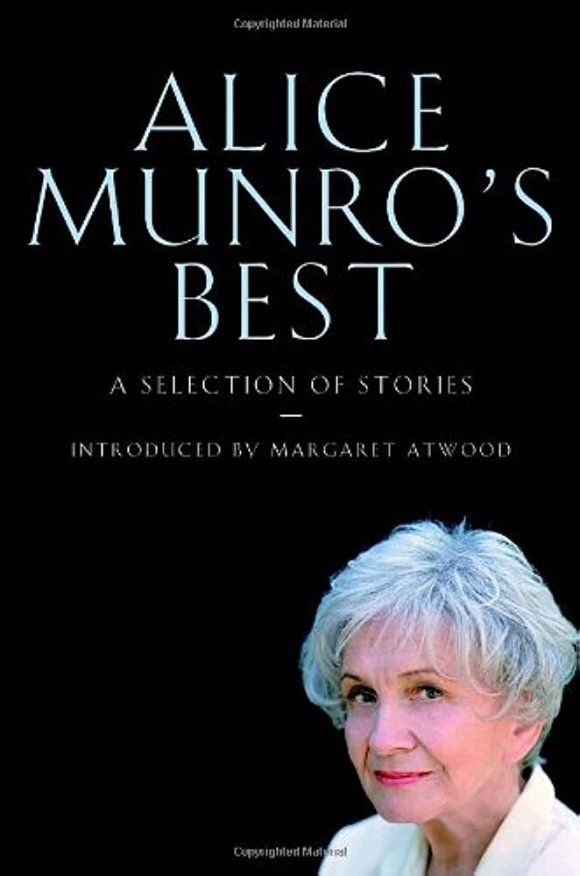What I Read:
Reread The Call of the Wild (1903) and White Fang (1906). Jack London. Still love these stories, which moved to tears in primary school. The parts where Buck and White Fang suffer are hard to read, harder for me than the sufferings of most human characters in most books. Wonderfully emotional but not at all sentimental. And London’s description of White Fang the cub slowly learning more about the world, wordlessly but systematically, is psychologically astute and a delight to read. Simple, solid stories, with red beating hearts, struggle and suffering, learning, the hardening of hearts, the redeeming of souls: the wilderness as both hostile and free, terrible and beautiful.
Prometheus Bound (430 BCE). Aeschylus. Not a fan of Aeschylus. The whole play is backstory and prophecy, including a long itinerary of Io’s future wanderings. Prometheus claims he’s helped Zeus win and keep his throne, and helped liberate humanity from the Gods’ caprices – but, in the present, the chap does little but complain, alienating potential friends. Not too wise for a wise guy, illustrating the axiom: it’s easier to be wiser on other people’s behalf than on one’s own.

The Power and the Glory (1940). Graham Greene. My third Graham Greene book, all read this year, all very different from each other in subject and style. Enviable range, depth of insight, and width of experience. One of the most focussed and powerful novels I’ve ever read.
Read the first three chapters of The Second Sex (1949) by Simone de Beauvoir; very erudite, groundbreaking, eye-opening – a challenging read, and I have no bandwidth for longform nonfiction just now; not reading any more.
Began rereading George Eliot’s Middlemarch (1871). George Eliot is my favourite novelist; I read Middlemarch in my late teens and was devastated by Dorothea Brooke’s tragedy. Eliot is perhaps the most psychologically astute writer I’ve read: every page contains a fresh, subtle, and startlingly accurate analysis of the convolutions of human emotion, judgment, or interpersonal relationships. Her style of explicitly stating these insights might be oldfashioned, but I love her for it. Why leave unsaid what she says with so much beauty and truth?
Short pieces and podcasts:
https://lithub.com/men-who-dont-know-women-on-unlearning-the-lessons-of-dick-lit/ Molly McGhee, Oct 2023
OJAL’s Roberta Allen flash chapbook & interview: six flash pieces, essay, and interview, conducted & compiled by OJAL associate editor Pamelyn Casto. I know Pamelyn through the IWW.
“It Could be Grass,” short story: Helle Helle, trs. from Danish by Mark Kline, 2007, Words Without Borders. I know Mark through the IWW.
https://lithub.com/how-ancient-and-modern-greek-helps-us-make-sense-of-greece-today/, Nick Romeo, Noc 2023
Watched Lincoln (2012) — greta acting by DDL, and I’m glad I got a little insight into the process behind the passing of the 13th Amendment. Weak writing for Mrs. Lincoln. And for the movie to dismiss those who opposed the bill, rather than allowing us to understand their perspective, was an exasperating if predictable failure. Yes, slavery was wrong (is, wrong, I should say — it’s still going on), but slavery did occur for many millennia, and it was difficult to outlaw, and I would like to have understood more of the reasons why. The movie just tells us “these people who opposed the bill are morally reprehensible.” I already knew that; didn’t need a movie to tell me that; was hoping the movie would give me some insight into the minds of those who think differently from me, and from most people alive today.

Watched Oppenheimer (2023). I thoroughly enjoyed Nolan’s earlier films, but was disappointed by Dunkirk (no real characters or dialogue), Interstellar (terrible story, with the psychological depth of a script written by a ten-year-old), and Tenet (couldn’t watch past the first twenty minutes). Oppenheimer is a middling movie. Review:
What I Liked:
(1) I knew pretty much nothing about Oppenheimer or the bomb project, so it was good to get a glimpse into this man and his work.
(2) I liked some aspects of the structuring, with the explosion of the test bomb in the desert occurring almost exactly at the two-hour mark in the three-hour movie.
(3) In principle, I liked also the contrasting of the Oppenheimer-Lewis Strauss relationship at various points in time, since that’s the relationship that Nolan decided to use to frame the story and provide suspense.
(4) I also like the VFX, though I wish that some of them, e.g. the ones showing Oppy’s insights about physics, had actually been explained a little instead of flashing by w/o comment. And the scene where Oppy visualises everyone around him killed by or suffering from radiation sickness was powerful.
(5) I like the acting, esp. Cillian Murphy’s and Emily Blunt’s. RDJ just plays Iron Man/Tony Stark, esp. in the scenes from the later years.
(6) The use of Einstein-Oppy convo, after which Einstein snubbed Strauss (still don’t know why he would’ve done that, seems a pleasant fellow in the film as in reality), as another grouse that Strauss had against Oppy, was psychologically paper-thin (wouldn’t Strauss have had other opportunities to chat w/ Einstein, who lived down the street? Jeez), did work nicely structurally, to end with the threat of nuclear apocalypse. (Though, again, discussions of this threat in the public discourse tend to annoy me, since I believe we’re in far greater threat from environmental disaster.) Nolan has been pretty consistently transparent about prioritisng narrative structure & (therefore weakened) dramatic effect over psychological realism. In a review somewhere, I heard or read his films described as being constructed a formula of emotional calculus. This worked for me in Following, Insomnia, Memento, and even TDKR (where that woman is revealed as being the old villan’s daughter) and Inception (where the son “realises” his father is not ashamed of him but proud), but not here.
(7) Gary Oldman’s few minutes onscreen as Truman, dismissing Oppy’s scruples as a craybaby’s crying, were gripping.

What I Disliked:
(1) This Oppy-Strauss rivalry is a tiresome device — Nolan’s already done this in at least one other movie, Prestige. Even there, the tricks the two magicians play on each other gets tiresome: they steal and read each other’s diaries and then we realise that both magicians were writing the diaries just to mislead the other guy, knowing he’d steal the diary; all the self-aware gotcha moments between the two. Here, Strauss’s side of the rivalry required extensive briefing by him (played by RDJ) of his two hangers-on during the other set of proceedings, heavy exposition which, even though it’s cut up into short snappy dialogue, is (a) obviously just for the viewer’s benefit, and (b) very on-the-nose with character motivations. Why choose man vs. man as a narrative framing device, when man vs. conscience might’ve done just as well? I don’t object to Oppy’s kangaroo-court trial being shown, but why cast the whole narrative as Oppy vs. Strauss, when Oppy struggling against his own conscience, or the change in his public perception, might’ve done just as well? The unravelling of the Oppy-Strauss conflict was cartoonish, and also quite predictable — the viewer knows long before Strauss finally confesses to his aides who’s behind Oppy’s troubles. And then Nolan pulls a double-gotcha, with Strauss’s aide, horrified by his duplicity, betrays Strauss.
(2) B/c Nolan is so eager to get multiple narratives going, and keep the viewer hooked trying to guess WTH is going on, I did not understand until the end that the second, black-and-white trial, was actually Strauss’s senate confirmation hearing. Then I remembered they’d mentioned something earlier about him wanting a cabinet pot, but, with all the talk, that had escaped me.
(3) Way too many people, most of whom play only a minor role — but I didn’t try to remember most characters’ names, so this wasn’t that big a deal. Again, I realise historical authenticity was important, but does a movie need that many named characters in tiny role? This may be nitpicking.
(4) Some of the action was achieved with wannabe rousing music rather than with writing. E.g. when Oppy decides to bring his wife in to testify, she’s struggling not to sneak a drink, faltering under the questions, but then, with a sudden swell of the strings section, she magically rallies her wits and gives a lecture on what seems an irrelevant point and somehow wins the day for Oppy — whereas she has just shown that she herself was a communist and was just lying about it. But I like that Blunt’s character was allowed to be a bad mother, alcoholic etc., and still remain perceptive (e.g. “it’s Strauss, you idiots”), strong, and human.
(5) Didn’t care for the writing of Tatlock’s character — only Googling afterwards told me she was a psychiatrist. In the film she just instantly goes mad over Oppy and then kills herself. Classic, & questionable, unstable felled-by-love female trope.

(6) I know nothing about physics, but in a movie about physics it would’ve been nice to learn at least a few actual things about how the bomb was designed and how it works. All I got out of it was (a) black holes are caused by increasing gravity (even I knew that); (b) there was some debate about how to initiate the chain reaction inside the bomb; (c) there was worry about the chain reaction being endlessly self-prepetuating, igniting the whole earth’s atmosphere, which was very cool to learn; (d) that they were enriching both plutonium and uranium, very slowly (why slowly?) and were discussing the hydrogen bomb, but Oppy dismissed the latter (why?) and (d) that’s all. I did appreciate the insights into the politics — that the Armed Forces were breathing down Oppy’s neck all along, that Oppy was a shrewd negotiator and leader, and that big scientist egos were warring. This movie offers a few more glimpses of the scientific subject that is *at its heart* than did the atrocious, caricaturing *The Imitation Game.* (I’ve got the Andrew Hodges book, and glanced through it, and the real Turing was socially skilled, had many friends, had many hobbies & interests in and out of work, and was by no means the autistic asshole genius that Cumberbatch seems under lifelong indenture to play.) Though that’s not much, since all that *The Imitation Game* taught me about the mechanism of the Turing machine was, ooh, lookee, lots of big coggy wheely thingummajiggies.
(7) The case against Oppy, based on the evidence presented, seems quite thin — basically, he wouldn’t tell the Casey Afflech character the name of his communist-spy friend… laughably enough, the prosecution devolves into a series of random accusations related to Oppy’s conscience, when the issue at hand was supposed to be his loyalty to the US and his fitness to keep playing a role in high-tech weapons projects.
I don’t regret too much watching the movie — there’re worse ways of spending three hours. Didn’t have to hit the fast-forward button too much. And I do have some sense of the bomb project now, and of Oppenheimer as a complex man.

What I Wrote:
Finished final edits of “Audience” and “Shoes.”
Redrafted and revised and finished final edits of “Retreat.”
Finally finished working on the book. Edited my cover letter and began querying agents.
Edited the outline for “How I Learnt About Cars” and redrafted this story (which will go in my second book, another short story collection).
Edited “Peace” and sent it out for critiques. This story is almost ready. It’s a speculative piece, climate fiction, not intended for the second book.

What I Published:
Short story “The City” published in Bamboo Ridge 45th Anniversary Issue, Issue #124:
https://www.bambooridge.org/article/celebrating-our-45th-anniversary-issue/
Microstory “Refuse” published in Fairfield Scribes Microfiction Issue #35.
Flash story “The Streetlamp Under the Teaktree” accepted for publication in Bending Genres Vol. 36.
Flash story “The Ants Are Thirsty” accepted for publication in Rappahannock Review, Vol. 11.1.

How I Fared:
Got back in stride. Began working on second book and focussing on the job search. A couple of enjoyable outings.
END

